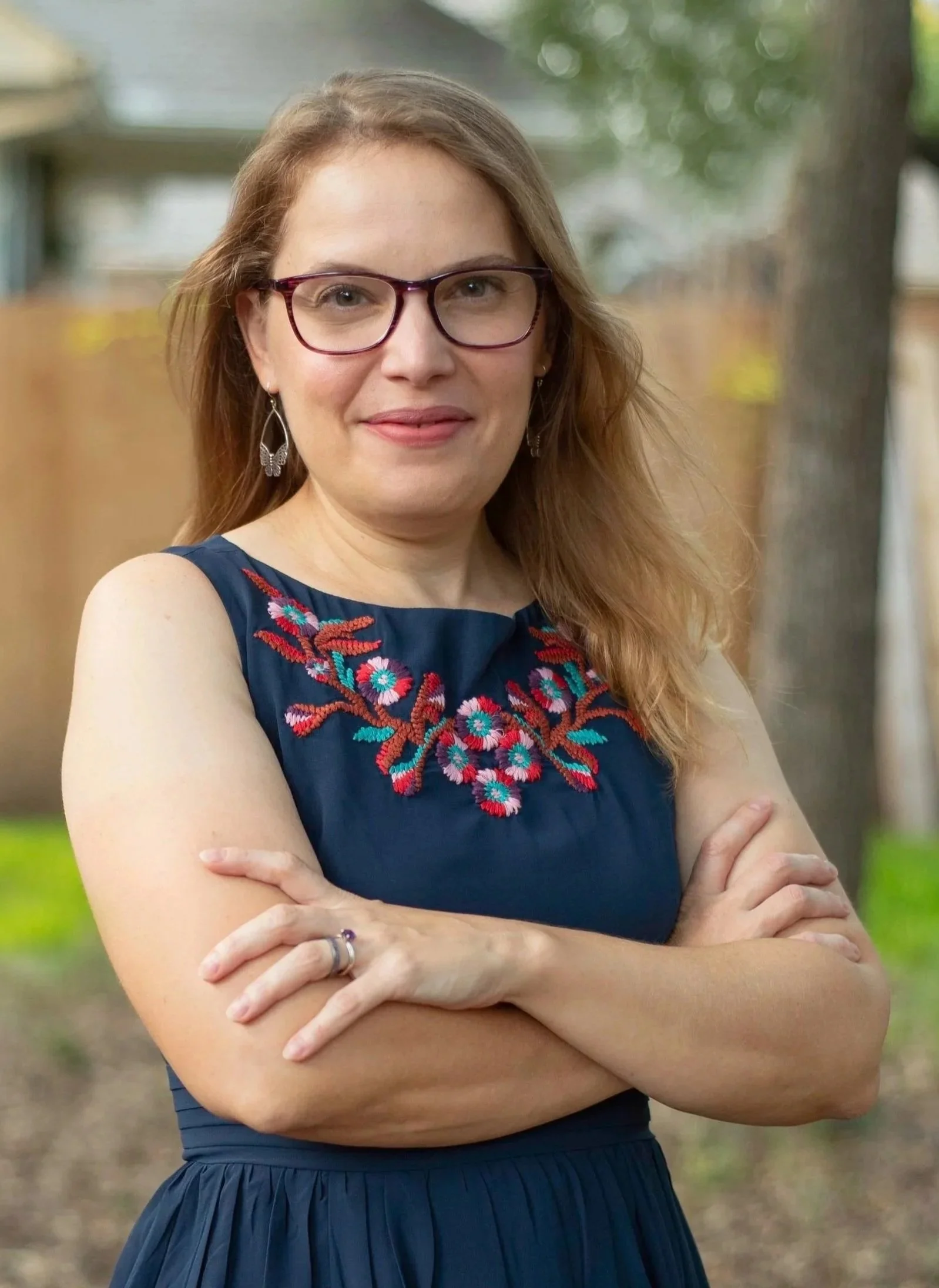Photo by Alex Thompson
Estate Planning for Everyone
I believe everyone should have a plan for what happens after they die. Creating a plan like this is called “estate planning”—a phrase that tends to put people off if they think their circumstances don’t qualify them for this type of planning. But what estate planning really means is that you’re planning for the future now to reduce the burden on your loved ones during an emotionally difficult time. Without a plan in place, your loved ones will have to guess what your wishes were while navigating the probate process.
Our firm is deeply committed to providing estate planning services that are inclusive, compassionate, and tailored to the unique needs of each of our clients. We understand the distinct legal challenges faced by individuals and families from diverse backgrounds and life experiences, and we work to ensure that everyone has access to the protection and peace of mind that comes with a well-crafted estate plan.
We offer transparent package pricing and flat fee services. You can read more about our pricing here.
How We’ll Craft Your Estate Plan
Step 1
First, we’ll have a conversation about your family, your finances, your concerns, and your wishes.
Step 2
Then I’ll use the information from our conversation to prepare the documents that will allow you choose:
who will manage your financial affairs when you die;
how to provide for your loved ones when you die;
who will make decisions for you if you become incapacitated;
who will take care of your children if you’re unable to do so; and
what you would like to happen to your body when you die.
Step 3
Once you’re satisfied with the documents, I’ll help you get them signed, witnessed, and notarized in accordance with state law, and provide you with instructions for keeping the documents secure until they’re needed.

